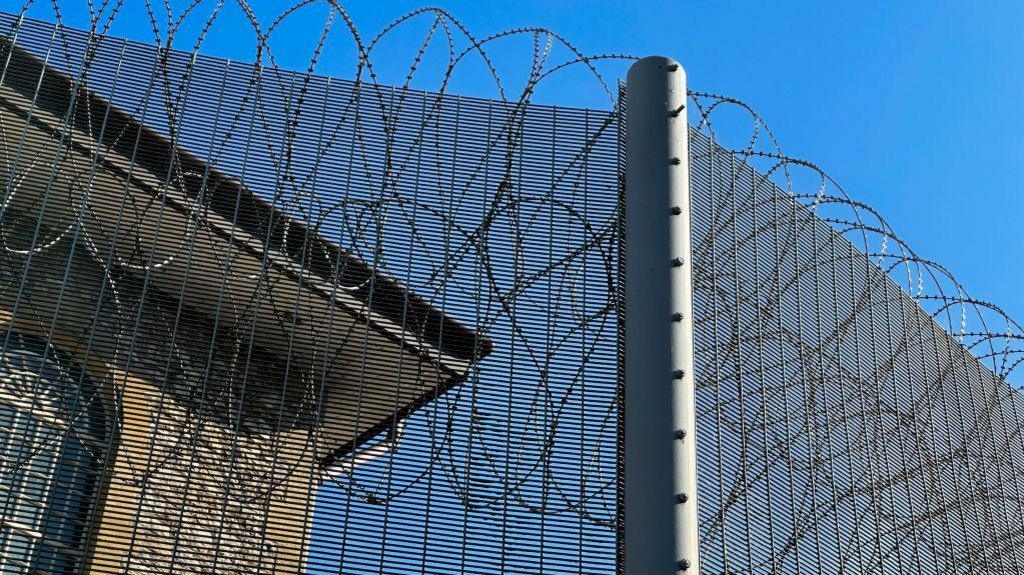Drones delivering drugs to prison is 'major problem'
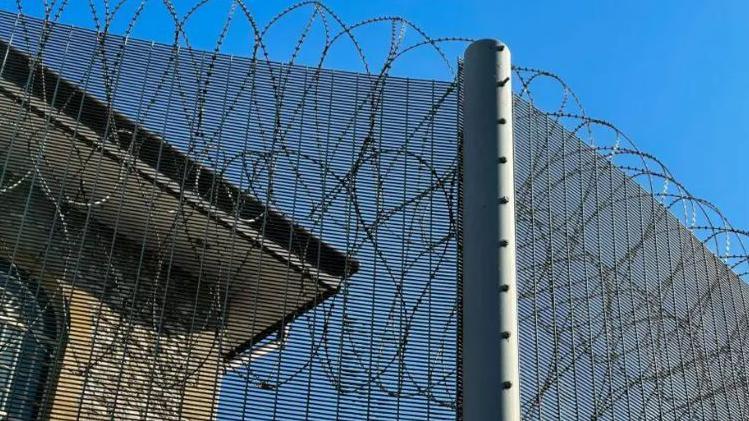
The inspection report found there had been an increase in drug use by prisoners
- Published
Drones used to deliver drugs and other illicit items to prisoners have become a "major problem" at a prison in Kent.
HM Inspectorate of Prisons also found that rates of self-harm and violence had increased at HMP Swaleside since a previous inspection in 2023, and that serious assaults, particularly on staff, were a "continuing cause for concern".
However, inspectors found "reasonable progress" had been made in three areas of concern, despite "insufficient progress" in another three.
The Ministry of Justice (MoJ) said the government had inherited a "justice system in crisis" and had a "zero tolerance approach to drugs".
HMP Swaleside is a category B training prison located on the Isle of Sheppey.
At the time of the latest inspection in August it held 939 prisoners, most serving over four years and a significant proportion serving life sentences.
"Over the last year drones delivering drugs and other illicit items had become a major problem that clearly impacted almost all the concerns reviewed at this visit," the report said.
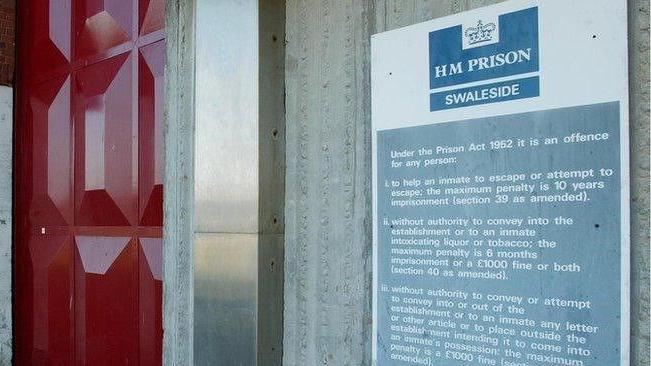
The prison population was 939 prisoners at the time of the latest inspection
In June, the random positive drug testing rate peaked to over 56%, with an average of 32%, the report found.
The inspectors said the impact of drug use "clearly limited the degree of progress made in almost all the concerns we reviewed at this visit".
Fourteen prisoners had died at Swaleside in the previous two years, including seven whose deaths were self-inflicted, according to the report.
Ongoing weaknesses included "inconsistent support for prisoners at risk, a failure by some night staff to carry anti-ligature knives, slow responses to cell bells and inadequate reviews of Coroners’ and PPO recommendations".
'Good support'
The report also found the constant supervision cell on G wing was "unsuitable for anybody in crisis", with a damaged bed, torn flooring, graffiti and a "filthy toilet".
HM Chief Inspector of Prisons Charlie Taylor said: "There was compelling evidence that staff did not always complete the required checks on prisoners at risk of suicide and self-harm and we were not confident that records we examined were accurate."
However, the report said officer recruitment had been "effective" since the last inspection in 2023 and leaders had put in place "good support" for officers, although many "lacked the confidence and skill" to manage prisoners' behaviour robustly.
They also noted the "decent range of therapeutic approaches" to drug use and the increase in number of probation officers.
A MoJ spokesperson said: “We have a zero-tolerance approach to drugs and our security measures, such as X-ray body scanners and anti-drone no-fly zones, stop drugs and mobile phones from entering our prisons.”
Follow BBC Kent on Facebook, external, on X, external, and on Instagram, external. Send your story ideas to southeasttoday@bbc.co.uk, external or WhatsApp us on 08081 002250.
Related topics
Related stories
- Published12 December 2023
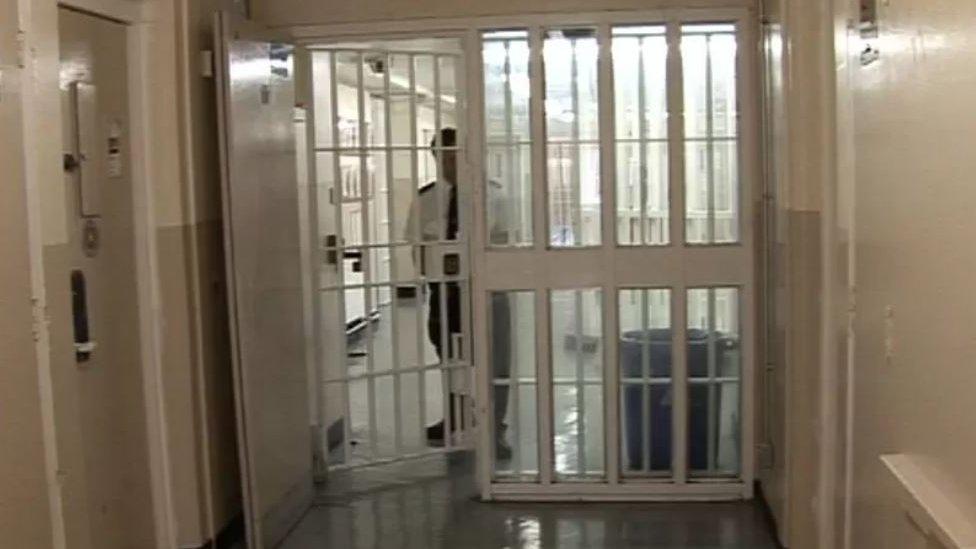
- Published5 October 2022
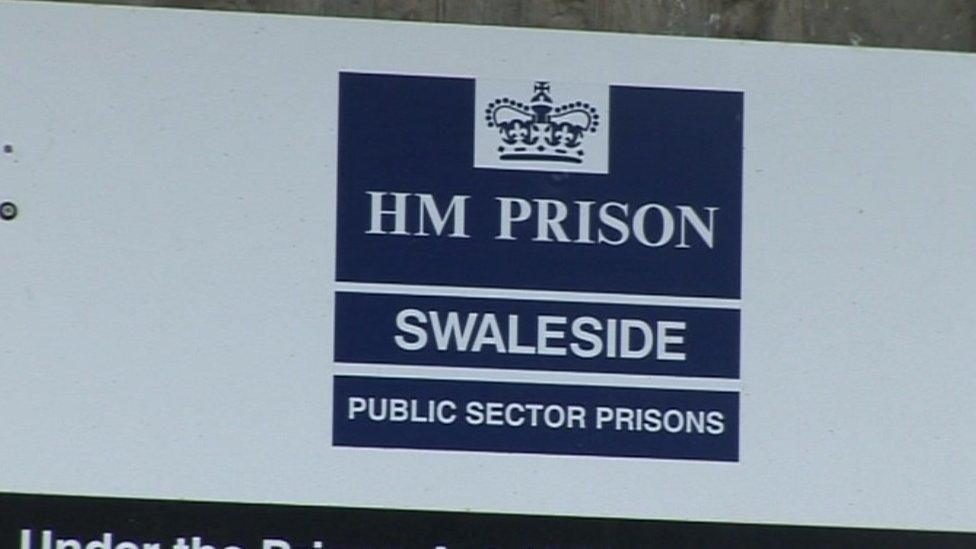
- Published21 August 2024
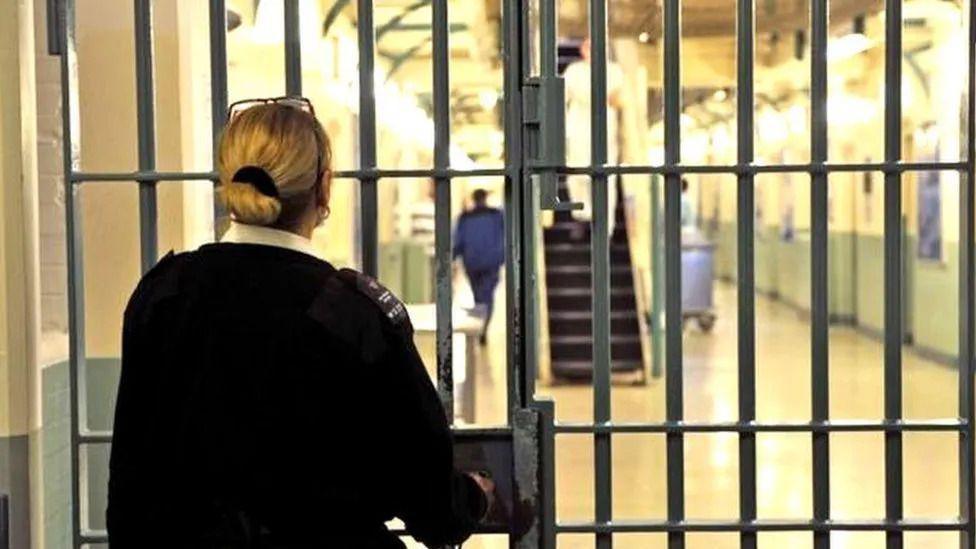
- Published16 May 2024
